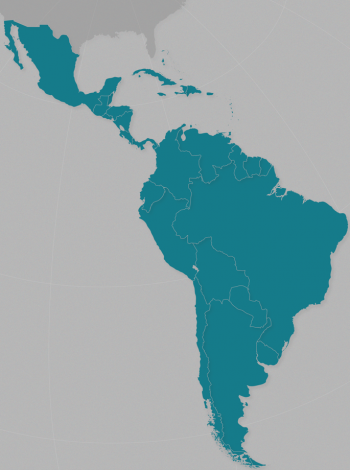- On Dec. 17, 55% of Chilean voters rejected a proposal to reform the country’s Constitution, which dates back to the Augusto Pinochet regime; it was the second attempt, after a different proposal failed to get approval in September 2022.
- The latest proposed text, drafted mainly by conservatives, did not make significant progress on environmental and climate change topics, experts say.
- The 2022 draft included an entire chapter on the environment and made provisions on nature’s rights, while expanding protections against extractive industries. But concerns regarding the nationalization of water resources contributed to the “no” vote.
On Dec. 17, Chile said no to a proposal to change the country’s Constitution, with 55% of voters rejecting a second try at reforming the country’s fundamental law. The first attempt was rejected in September 2022 by a 62% majority.
The drive to rewrite the Constitution arose in 2019, as a political response to civil society protests that shook Chile for months, as people demanded an end to inequality, expensive health care and education, low pensions and a neoliberal system that seemed to benefit only the wealthy. The protests even led to Chile withdrawing last minute from hosting COP25.
Chile’s current fundamental law dates back to 1980 and the dictatorship of Augusto Pinochet and has been blamed for paving the way for privatizations, a booming business sector, and an economy focused on extraction and exploitation of Chile’s numerous minerals, while minimizing social rights and the role of the state.


